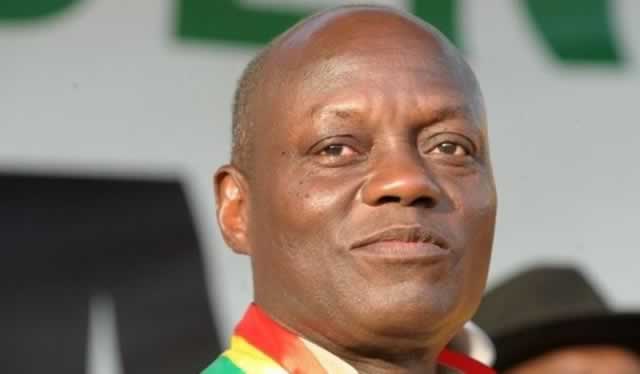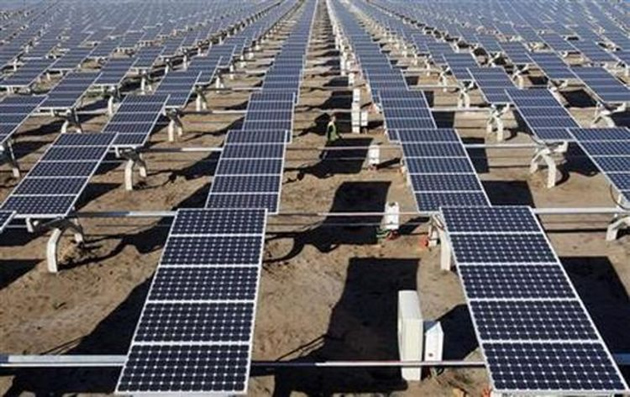Guinea Bissau president fires govt

BISSAU. — Guinea Bissau’s President Jose Mario Vaz has dismissed the government because of a deepening power struggle with the prime minister.
Tensions, fed by overlapping duties in Guinea Bissau’s semi-presidential system, have grown between the president and Prime Minister Domingos Simoes Pereira since elections restored civilian rule last year following a 2012 coup.
In a presidential statement issued late on Wednesday announcing his decision to dismiss Pereira and his cabinet with immediate effect, Vaz referred to what he called “a breach of trust” between the two men.
There was no immediate reaction from the prime minister, but PAIGC, the ruling party to which both Vaz and Pereira belong, was due to hold a press conference in the capital Bissau yesterday.
Pereira had previously said PAIGC was planning a convention this year to address the tensions, with a committee expected to study the constitution and clarify the two leaders’ responsibilities.
Lori-Ann Theroux-Benoni, director of the Institute of Security Studies’ West Africa office, said the row between Vaz and Pereira was just the latest tug-of-war linked to the lack of clarity in the division of power.
“It’s clearly a power struggle, and unfortunately power struggles in Guinea Bissau have not ended well in the past,” she said. “It may be time to look at constitutional reform.”
Guinea Bissau has undergone nine coups or attempted coups since 1980. In recent years, it has emerged as a major transit point for cocaine trafficked from South America to Europe, a trade in which US authorities say senior military officials play a pivotal role.
In a statement yesterday, the European Union urged Guinea Bissau’s political forces and state institutions to work together to overcome their differences.
Former colonial ruler Portugal has said the row risks endangering much needed development assistance.
Donors pledged more than 1 billion euros ($1.11 billion) in March to support the country after last June’s elections.
The government plans to retire nearly half the army’s 5 000 soldiers, including former coup leaders, over the next five years as part of military reforms.
Western governments and African neighbours, tired of having a volatile narco-state in a fragile corner of West Africa, are keen for the process to proceed as quickly as possible. — Reuters.









Comments